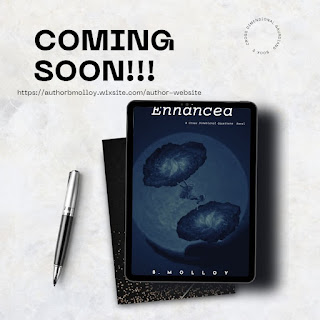Purpose: To share and encourage. Writers can express doubts and concerns without fear of appearing foolish or weak. Those who have been through the fire can offer assistance and guidance. It’s a safe haven for insecure writers of all kinds!
Posting: The first Wednesday of every month is officially Insecure Writer’s Support Group day. Post your thoughts on your own blog. Talk about your doubts and the fears you have conquered. Discuss your struggles and triumphs. Offer a word of encouragement for others who are struggling. Visit others in the group and connect with your fellow writer - aim for a dozen new people each time - and return comments. This group is all about connecting.
August 6 question - What is the most unethical practice in the publishing industry?
Oh that is a tough one, in my opinion the whole situation with getting in the traditional publishing door, or rather NOT which leads to vanity or self publishing where an author can end up getting fleeced.
I dont know if its true but I did read on a post some place that some publisers wont look at you if you dont have followers, or if you write minority characters. Then there is the question of Fantasy Fiction aimed at grown ups, and being a female writer in some genres.
Personally I self publish.
Tww






